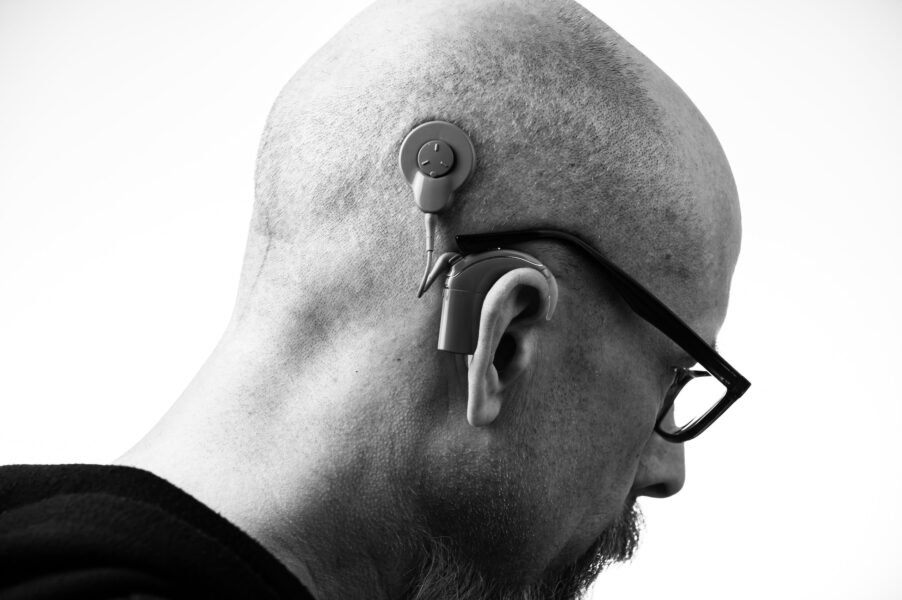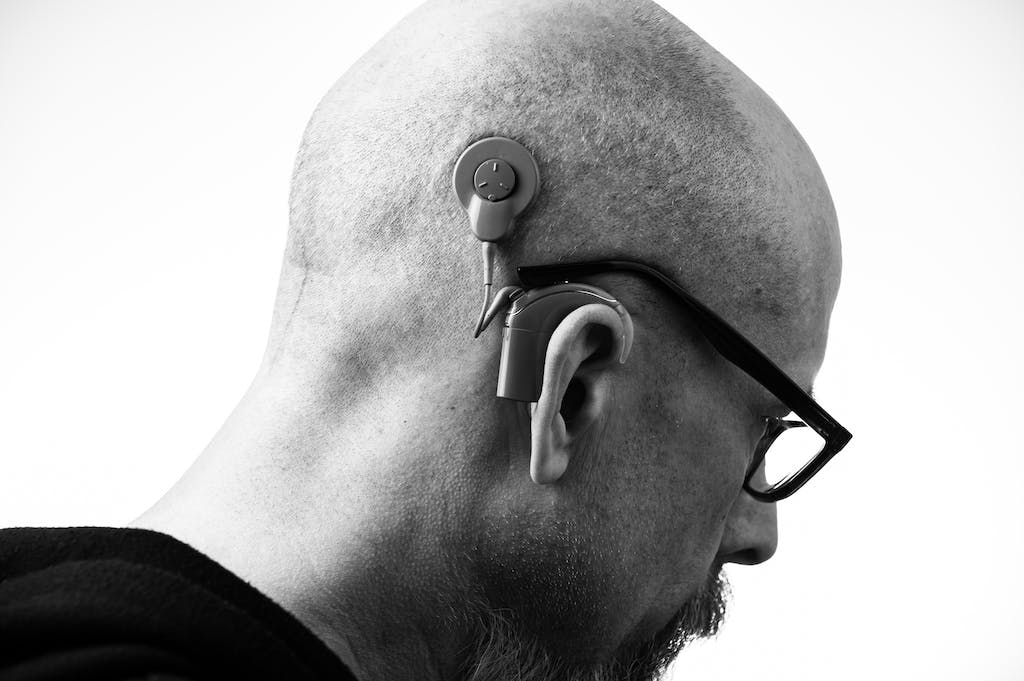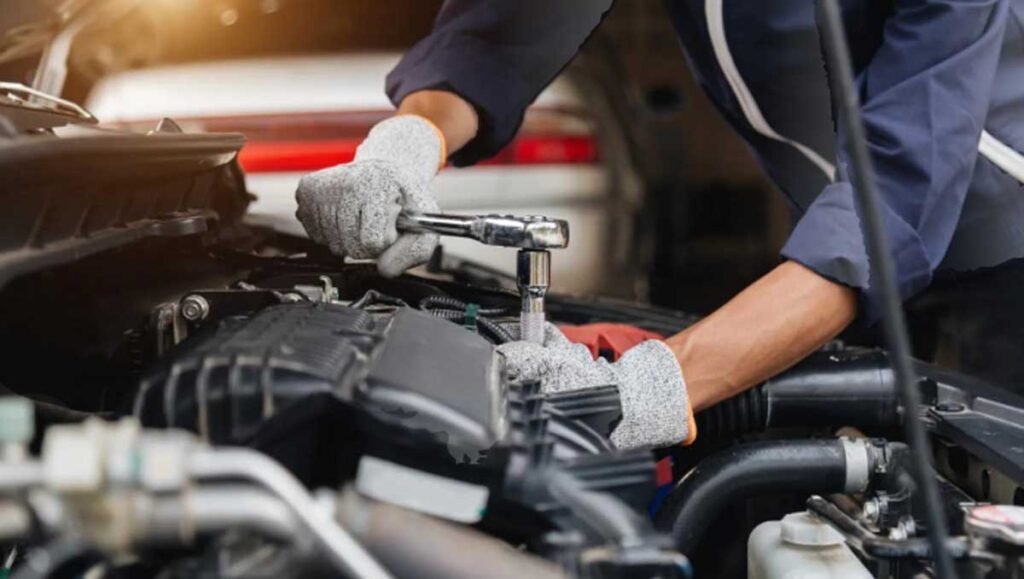What to Do With Hearing Aids When Someone Dies?

The loss of a loved one is always difficult. In the midst of grieving, there are many practical matters that must be addressed, including dealing with the person’s belongings. If your loved one wore hearing aids, you may be wondering what you should do with them after they pass away.
In this blog post, I will discuss common questions regarding hearing aids after someone dies and provide guidance on next steps.
What Should You Do With the Hearing Aids?
When your loved one passes away, the first decision is what to do with their hearing aids. Here are some options:
- Donate the hearing aids. Many charities and organizations accept donated hearing aids and redistribute them to those in need. Someone who would not otherwise be able to afford the aids can now use them.
- Recycle the hearing aids. The manufacturer or hearing clinic may accept old hearing aids to be recycled or refurbished for future use. This helps reduce waste.
- Keep the hearing aids for yourself. If you have hearing loss and could benefit from amplification, you may opt to keep your loved one’s hearing aids to try. Get them professionally checked before wearing them.
- Store or discard the hearing aids. If the above options don’t work for you, properly storing or discarding hearing aids lets you move forward.
No matter what you decide, never sell used hearing aids privately. It is illegal in many states to privately sell refitted medical devices without a license.
Should you have the hearing aids professionally cleaned?
Before donating or passing along someone’s used hearing aids, best practice is to have them professionally cleaned and serviced. Taking this step helps:
- Disinfect – Thoroughly cleans hearing aids to prevent spread of bacteria or infection
- Check Function – Ensures proper fit and amplified settings for the next user
- Confirm Lifespan – Checks internal components and battery life remaining
Reputable hearing clinics offer hearing aid cleaning and checking services even for devices not originally purchased from them. Fees are often minimal. Having this peace of mind that the hearing aids are “reset” helps facilitate the donation process.
Tricks to make seniors eat more
Are there hearing aid donation tax deductions?
Donating used hearing aids allows those devices to help someone else. As an added bonus, hearing aid donations may qualify you for tax deductions as well.
According to IRS guidelines, individuals can claim the fair market value of donated hearing aids as an itemized deduction on their tax return. The organization receiving the donation may be able to provide documentation of the value. Be sure to retain your own records too.
This tax incentive makes hearing aid donation an even more appealing option for how to handle a loved one’s devices you no longer need. Consult your tax professional to understand how this could benefit your personal situation.

What types of organizations accept hearing aid donations?
Many great charities and organizations accept donated hearing aids. Some options to consider include:
Lions Club: This international organization has local chapters across the country focused on vision and hearing health. They redistribute devices to underserved communities.
Starkey Hearing Foundation: With the motto “so the world may hear,” this global nonprofit fits over 100,000 hearing aids annually into those lacking resources.
Audient Alliance: Focused on hearing health, they deliver devices and care across the world. Their Hearing Aid Recycling Program repurposes used devices.
Local Hearing Centers: Many nonprofit hearing clinics operate assistance programs relying on donated devices. Call your regional centers.
When donating your loved one’s hearing aids locally, remember to have them professionally cleaned and serviced beforehand. This small act of service helps improve outcomes and lifespan for the next user.
How do you recycle old hearing aids?
For hearing aids that cannot be donated or passed down, recycling is the next green option. Many hearing aid manufacturers and clinics now facilitate recycling programs.
Recycling hearing devices involves separating internal components and electronics into proper waste streams. This minimized what ends up in landfills. The materials recovered can also be used to manufacture new hearing aids or other devices in the future.
To recycle hearing aids, the most direct method is returning them to the original manufacturer or clinic. Major companies investing in recycling initiatives include:
- Oticon
- Phonak
- Resound
- Rexton
- Signia
- Starkey
- Unitron
- Widex
Lesser known brands may also accept returns for recycling. Or, search for local hearing centers near you to ask about recycling partnerships they utilize.
Hearing loss impacts millions, and keeping old devices out of landfills benefits us all. Recycling hearing technology plays an important role in conservation and access efforts. It is a small but meaningful way to leave behind a positive legacy.
What Should You Do With Hearing Aid Batteries?
Hearing aid batteries contain chemicals and heavy metals. Like the devices themselves, batteries require special handling when their useful life has ended. Never simply throw old hearing aid batteries in the normal trash.
Instead, properly contain spent batteries until able to bring them to a designated recycling center in your community. Many stores that sell hearing aid batteries also accept them back for recycling once depleted. These retailers send batteries back to specialist facilities able to safely break them down and recover some materials.
Responsibly recycling single-use hearing aid batteries reduces negative environmental impacts. Reclaiming the zinc, manganese, potassium and other components also conserves limited natural resources. Doing your part matters.
Can You Get Hearing Aids Fitted After Someone Dies?
The hearing health journey is unique for every individual. If you have avoided hearing evaluations even while your loved one struggled with auditory declines, it is never too late. Should you want hearing aids after someone you know passes away, absolutely consider getting assessed.
The loss of someone close can motivate us to prioritize our own wellbeing. By seeing your loved one live with untreated hearing loss, you likely understand impacts on safety, social connection, employment, and even dementia risk.
Today’s hearing aid technology is highly customized to match one’s unique loss patterns, ear anatomy, lifestyle needs and priorities. A comprehensive hearing assessment charts your personal degree and configuration of hearing levels across pitches. The specialist then programs recommended devices to amplify based exactly – and only – on what you require for your daily communication.
I encourage you to self-advocate and seek hearing optimization at any age. Hearing clearly keeps us engaged with those still with us. And that’s perhaps the greatest honor we can pay to someone who has passed.
What Should You Do With Cochlear Implants When Someone Dies?
Cochlear implants are advanced hearing rehabilitation devices for those with severe or total deafness. This surgically implanted system activates the auditory nerve directly. Unlike hearing aids, which simply amplify, cochlear implants stimulate sound reception in the inner ear and brain.
With any implanted medical device, the components remain in the body permanently. The external parts detach for charging or replacement, but the anchored internal coil and wire integrated into the cochlea and neurons stays embedded.
So what happens when someone with a cochlear implant dies? As the implant cannot be removed and reused, it will remain dormant within their body. The external processor, mic, transmitter coils, and related accessories can be donated to organizations that refurbish them and pass them along to candidates lacking financial access.
As with conventional hearing aids, the deceased person’s implant processor should first be professionally disinfected before passing it along to a new user. This protects against bacteria or infectious exposures.
Talk with your ear, nose, and throat surgeon or audiologist about the specific make and model of your loved one’s cochlear implant. They can guide the handling of accessories and prepare any paperwork that is being donated. This last gesture allows someone else to hear—a meaningful way to honor your loved one’s memory.
Best places for seniors to hang out
The takeaway: honoring their memory
Losing someone we love also means mourning who they were. For those with treated hearing loss, devices like hearing aids became part of their daily rituals and communication. They understood the challenges before discovering amplified sound.
That makes paying forward their hearing aids or cochlear implant parts especially poignant. What assisted their connections can now also help someone with financial barriers.
No matter your priorities in handling hearing devices, involve your audiologist or hearing specialist at every step. They want to help assess your next options—for the devices themselves or for your needs.
Remember, hearing clearly keeps us present with those still with us. As difficult as grief is, cherish the memories. Then take any hearing loss signs seriously for you yourself, to carry on living fully just as your loved one would want.





